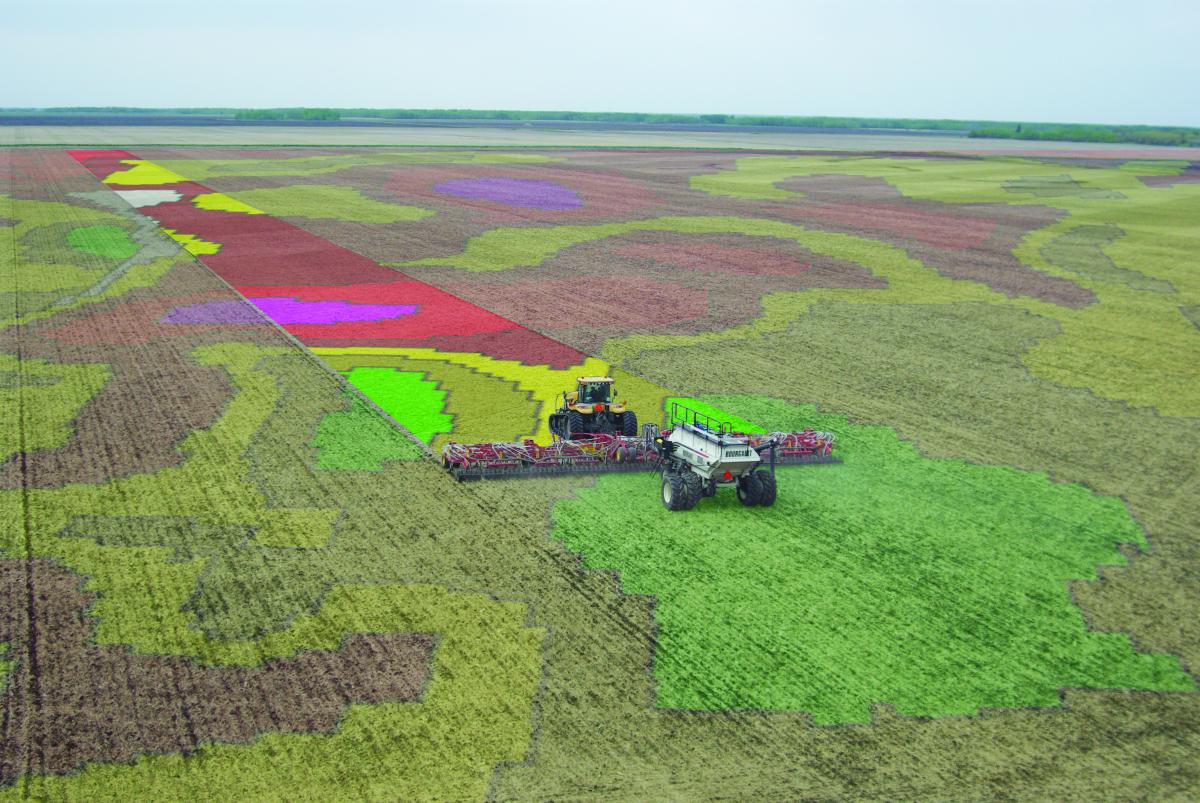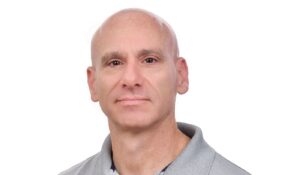Senior figures at the world’s largest agribusinesses are placing increasing emphasis on the importance of digital agriculture technologies as a boost to their existing seed and chemical businesses.
Monsanto led the way with its acquisition of The Climate Corporation in 2013, a deal that sparked the now booming agtech investment market and pushed other large agribusinesses to invest in digital ag services for their customers, whether in-house or through acquisition.
“We became a biotech company, we transformed into a seed company, we’re now in the process of transforming into a data science company…” Monsanto chief technology officer Robb Fraley told AgFunderNews in March.
Digital agriculture capabilities are also playing a role in the current race to consolidation among the big agribusinesses as Monsanto’s Climate Corp is understood to be a key factor in Bayer’s recent bid for the company. Bayer chief executive officer Werner Baumann said that Monsanto was at the “forefront of digital farming,” according to a recent article in Bloomberg.
This week, Jim Borel, who recently retired from DuPont after being a leading figure in its agriculture business for nearly 20 years, has joined the board of Farmers Edge, the Canadian venture capital-backed precision agriculture business.
“Precision agriculture and big data presents a huge opportunity for business and will be transformative to agriculture,” he told AgFunderNews. “It’s a tremendous challenge to feed 10 billion people by 2050, and it’s all about productivity.”
Farmers Edge, which was recently named a Technology Pioneer by the World Economic Forum, is one of the most established and well funded precision agriculture players on the market today after launching in 2005. It sells hardware sensors that can be attached to farm machinery to collect data, installs weather stations for every 2,500 acres of farmland, and aggregates other data sources such as satellite imagery into its software platform. From here, it provides farmers with actionable insights about their operations and is one of the most popular precision ag tools on the market.
The company, which has raised over $60 million in venture funding, is now in global expansion mode and expects to reach revenues of over $20 million by the end of the year, Wade Barnes, CEO of the company, told AgFunderNews in January.
Borel, who will advise Farmers Edge on international markets, having spent parts of his career working in Europe and Asia-Pacific, think it’s Farmers Edges’ “whole farm approach” that appeals to customers.
“It’s very farmer, producer-centric and I gathered that from my first conversation with Wade,” he said. “If you’re expecting a farmer to spend an extra 15 minutes a day transferring data from a thumb drive, it has to be seamless and user-friendly; they are looking for productivity, not distractions.”
Farmers Edge also has good market access compared to other players who have come to agtech from a technology background and are less connected with the industry, argues Borel. Barnes and his co-founder Curtis MacKinnon are both agronomists, by comparison, enabling them to develop relationships with the right data providers to integrate into their platform.
What are the most important sources of data according to Borel? Good soil information and in-field weather data.
“But the real value comes from the access to all of those sources of data and then bringing them together in a way a farmer to help farmers make decisions,” he said. “Farmers have access now to tremendous amounts of data, but just the data isn’t helpful; it needs to be translated into decision tools.”
These decision tools started with variable rate fertilizer applications and seeding, and are now moving over time to more precise nutrient utilization, said Borel.
“There are now ways to be able to say if you apply this amount of nitrogen to this type of soil, you will make this much nitrogen available to the crop,” he said.
While Borel has clearly chosen digital agriculture as a primary focus for his career going forward, he is also excited about the potential for microbiome research, and gene editing tools, to help build effective crop protection and soil health products.
Borel’s last role at DuDont was executive vice president, where he had responsibility for DuPont Pioneer, Crop Protection, and Nutrition & Health businesses as well as various other corporate functions. He is also on the board of River Glen Venture Partners, an Iowa-based VC firm, and New York-based investment firm focused on chemical, general industrial, and healthcare sectors Arsenal Capital Partners.





